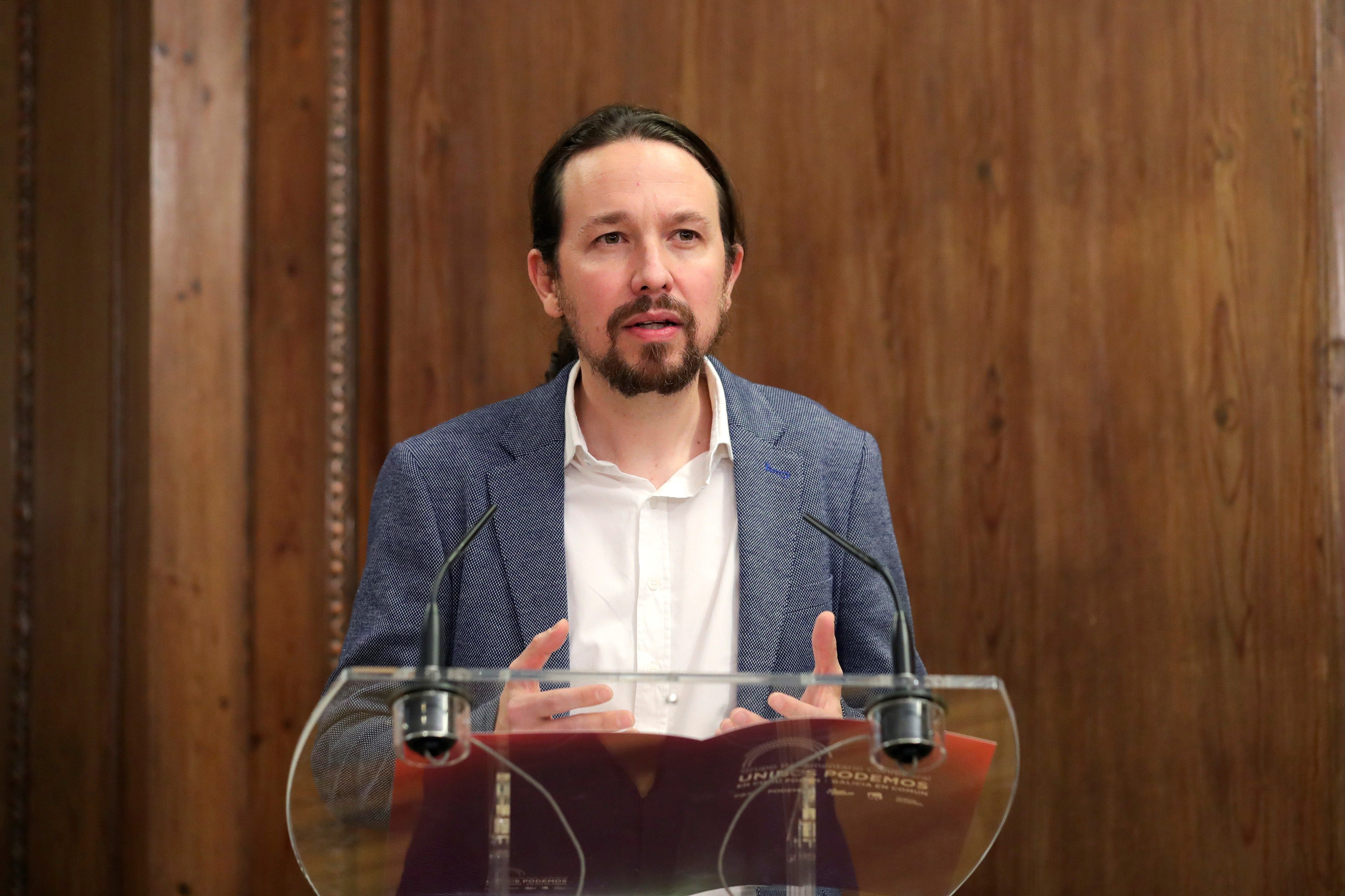In the future Spanish coalition government now taking shape, left-wing Unidas Podemos are to occupy one of three deputy prime minister positions, with party leader Pablo Iglesias set to become deputy PM for Social Affairs, as well as four other ministries in the Pedro Sánchez-led cabinet.
With the formation of the government still hanging on the January 2nd decision by the Catalan pro-independence party ERC, sources close to the negotiation have informed the EFE agency that five Unidas Podemos representatives are envisaged in what will be Spain's first coalition government in the post-Franco era, while the Socialists (PSOE) are to account for the majority of the executive.
As well as Iglesias's responsibility for Social Affairs, his party will lead the ministries of labour (although it may lose its control over social security and pensions), universities and equality, and a fourth portfolio still to be confirmed, although housing seems to have been ruled out.
In the weeks since Sánchez and Iglesias announced on November 12th that they were ready to govern in a coalition, details of the intended "progressivist coalition" they want to form have become known, some even confirmed by the signatories of the agreement.
Three deputy prime ministers
Of the three who will share the second-in-command rank below Sánchez, two are current members of the Socialist government. Nadia Calviño, holder of the economy portfolio, will maintain this role and add a deputy PM responsibility, as Sanchez himself announced during the election campaign.
Existing deputy PM Carmen Calvo will also continue, now with responsibility for the political sphere, although she will cede her equality portfolio to a Podemos minister.
The three-way split at this level is completed by Podemos leader Pablo Iglesias, in charge of social measures under the future executive.
Four Podemos ministers
Irene Montero, parliamentary spokeswoman for Unidas Podemos, will take up the equality portfolio, a role which the party has demanded from the beginning.
In the labour ministry, the sources consulted believe that Galician Yolanda Díaz will be the appointee, although her portfolio will shed the social security and pensions areas.
The third ministry agreed for Podemos is that of universities, to be led by a figure proposed by the Catalan associate of the party, En Comú Podem. History professor Rosa Lluch, daughter of former Socialist minister Ernest Lluch and a party candidate for the Senate in the last election, seems a likely choice for this post.
Izquierda Unida (United Left) leader Alberto Garzón is picked to be the fourth Unidas Podemos minister in the coalition government, although the specific portfolio he will hold is not known. Izquierda Unida is the Spanish ex-communist party which has run for election jointly with Podemos since 2016.
Following the signing of the PSOE-Unidas Podemos agreement, Garzón sent a tweet saying that it provides the basis to "greatly improve the lives of working families".
A ministry to fight depopulation
The creation of a new ministry focused on population loss in rural areas was one of Pedro Sánchez's election promises in November. In the agreement signed with Unidas Podemos, this subject is listed as a priority, with the implementation of a national strategy to fight this demographic challenge and the opening of support centres in up to 20 rural counties where intervention is said to be urgent.
This post could be Podemos' fourth ministry, although the name of PSOE executive member Isaura Leal is also linked to the role.

